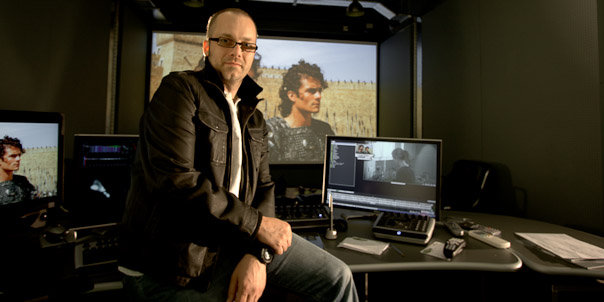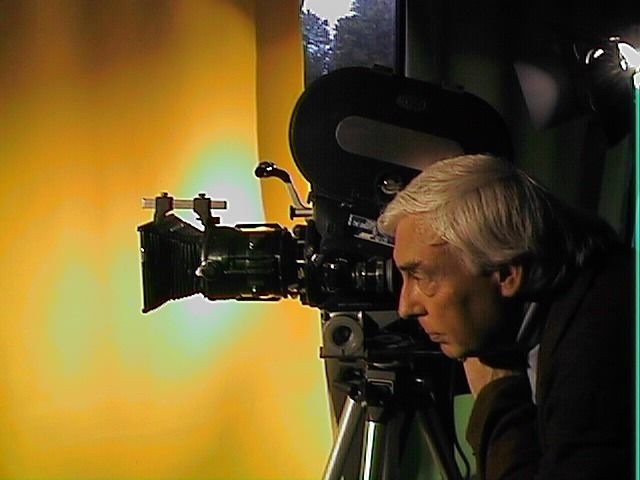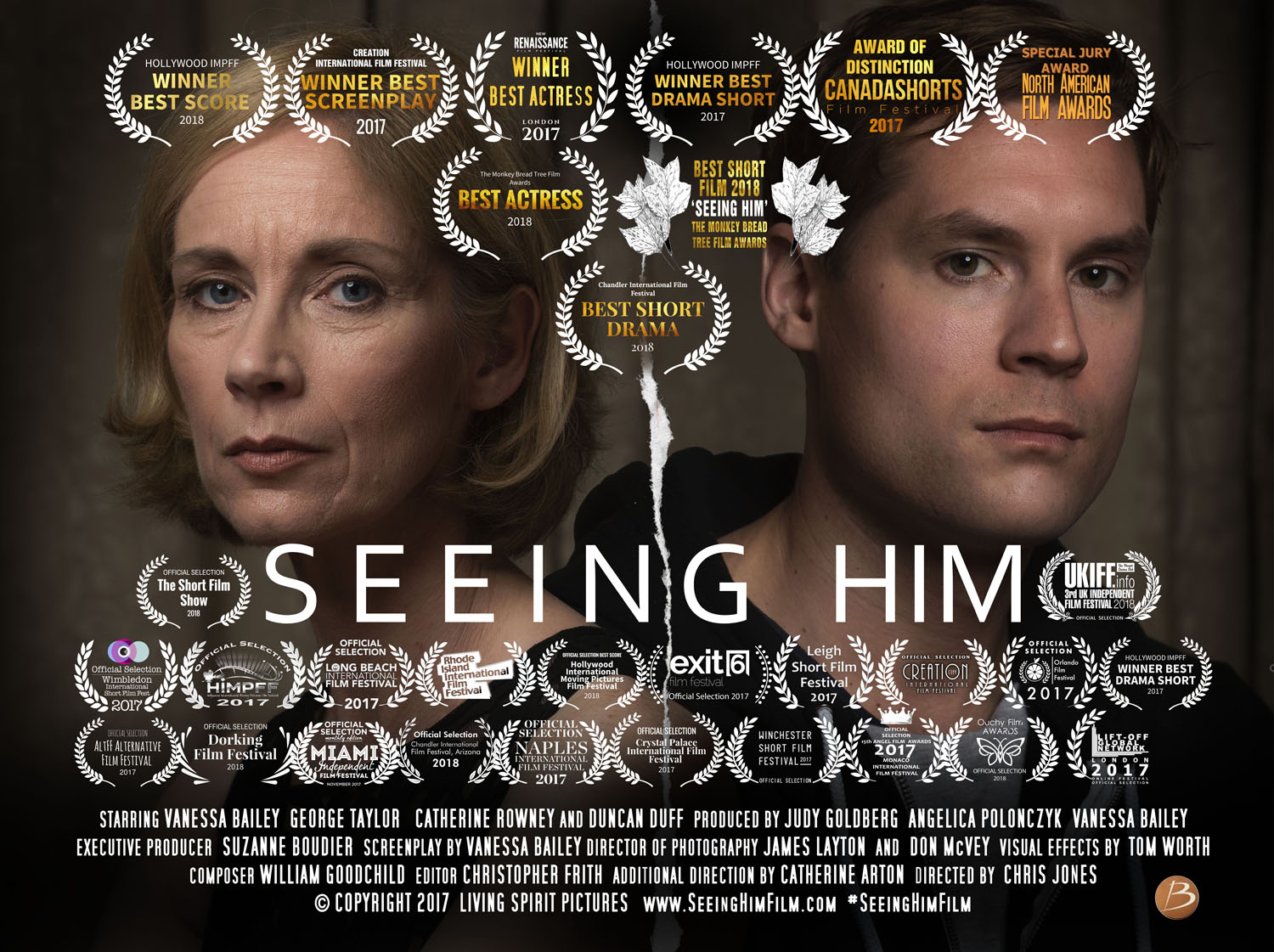ASK & DISCUSS
INDEXHow do you start out as a feature film director?
10 years, 9 months ago - Rhys Holland
So there are loads of resources on the Internet, loads of books and articles and trust me I've read a lot of them! It seems a ridiculous question to ask but I finished a film production degree last year, made some films and helped out on others.
I recently moved to London and have got a job as a runner for a camera rental store. It's got me into London but I really need advice, there are hundreds of different ways to start out as a feature film director bt what I want to know is, is it best to go totally independent by raising funds and creating shorts, then features then apply for funding. OR is it best to apply for runners roles, work my way into the AD department, find the right crew, right contacts then begin building a first feature.
I'm probably asking a question that seems obvious but I'm fresh to this and have dreamed of directing features since a little kid, I'm just a little lost in the saturation of the film industry and what to do to get the ball rolling...
Thank you,
Rhys
Only members can post or respond to topics. LOGIN
Not a member of SP? JOIN or FIND OUT MORE
10 years, 9 months ago - Lee 'Wozy' Warren
Another thought - try and shadow another director on a shoot. I did this years ago with the director Piers Haggard through the DGGB. But obviously someone who has experience and can actually teach you something from the experience.
10 years, 9 months ago - Franz von Habsburg FBKS MSc
Vanessa is right. Find out where actors are coming from: Strasberg (the shrink who screwed up Marilyn), Stanislavsky or Meisner. Get into improvisation. The director also chooses the lens, so know the angles. You also need to understand editing. Don't shoot stuff which can't be cut! Many writers also become directors. in brief, you need to know everything! I heard one director who, upon hearing that the operator wasn't happy, said "Don't worry, they'll fix that in ADR."...
10 years, 9 months ago - Marlom Tander
Hustle :-)
Always be filming SOMETHING - so when you're asked what you're doing, you can tell them and it's not "runner in a box shop".
Treat "being a great film maker" as a given. All your competitors are great film makers. But if you show that you understand the business side and show a track record of doing great things with little cash, that gives you an edge over the guys who walk in to the meetings talking about why they need the biggest and best kit, cast and crew for their nice, but not perhaps bums on seats movie.
Read up on how Following and Monsters were made - big bangs with little bucks is what made Hollywood pay attention to the makers of these two "reasonable but flawed" movies and their makers. Also note that in story terms they are both highly commercial. Slacker is another one to look at (not Slackers), the art house start of Richard Linklater's career.
Bearing in mind that you really want to be shooting for the kind of money that you can afford, consider switching the day to job to Merchant Banker, or Sales - something where 2-3 years hard saving will get you your initial budget.
Have a plan B. Most people who want to make features never do.
10 years, 9 months ago - Lee 'Wozy' Warren
Tough question! The working your way up the ladder way is a solid way of doing it, but it can take many years before you get to direct your own feature. The independent way is quicker, if you can raise some money or know people who can produce for you that can raise money.
It comes down to the story you want to tell also. You need to get a great script together, either written by yourself or by someone else. But it has to be great. And it has to be for a small budget. Say 50k-100k. Use the shorts that you have done to prove you can do it. And show that you can work as part of a team. That is so important that you aren't doing all the jobs yourself. Nothing turns investors off more than the thought of financing an auteur!
On another thread, someone mentioned that they had produced movies for about 10k. If you can do that with a team of talented people, with a script that shines and actors that are amazing - your film will get you noticed.
Me - I would go the indie route. But that's just me. There's nothing better than getting the experience up front. And you can't do that working your way up - not for the first3-5 years anyway.
My 2c worth. Hope it helps.
Lee
10 years, 9 months ago - Vanessa Bailey
Hey Rhys - the previous advice to work your way up and shadow is very solid advice. Get yourself onto professional sets as a runner or well-run collabs and watch, watch, watch. I believe everyone can be better at what they do on-set by understanding all the jobs on-set, not just the one they do. And that's particularly true for directing. Understanding the pressures that everyione else is under is the way you know how best to run a shoot to prevent stress levels rising.
Also, learn how to work with actors. A lot of directors concentrate on the technical side, but not the acting. You'll probably just need to grit your teeth and work for expenses only (personally, I find it invaluable and will continue to work on challenging, interesting projects for expenses if I grow as a professional) and learn on-the-job from the ground up.
Network, network, network! Join groups, connect with people. Shoot rubbish, learn from it, shoot more rubbish, learn from it again. Shoot something slightly less rubbish. And so it goes! The advice to shoot something is band on :)
And if you're not on twitter - there's a HUGE filmmaking tribe out there to source experience from, get on it now! (except it's currently down! *awkward*)
Go get 'em! ;)
10 years, 9 months ago - Paddy Robinson-Griffin
The thing about being a runner and working across the departments is so valid, it's the last time you'll see the wider picture, and a director needs to be familiar with that full picture. Everything on screen is the result of a decision someone has made, and all those people are the responsibility of the director. The safety of everyone on set is the responsibility of the director, ultimately. The director also sets the mood of the shoot, and that is the hardest part when everyone is tired and snarky to keep motivation and positivity going. All worth watching how other people handle and learning from!





